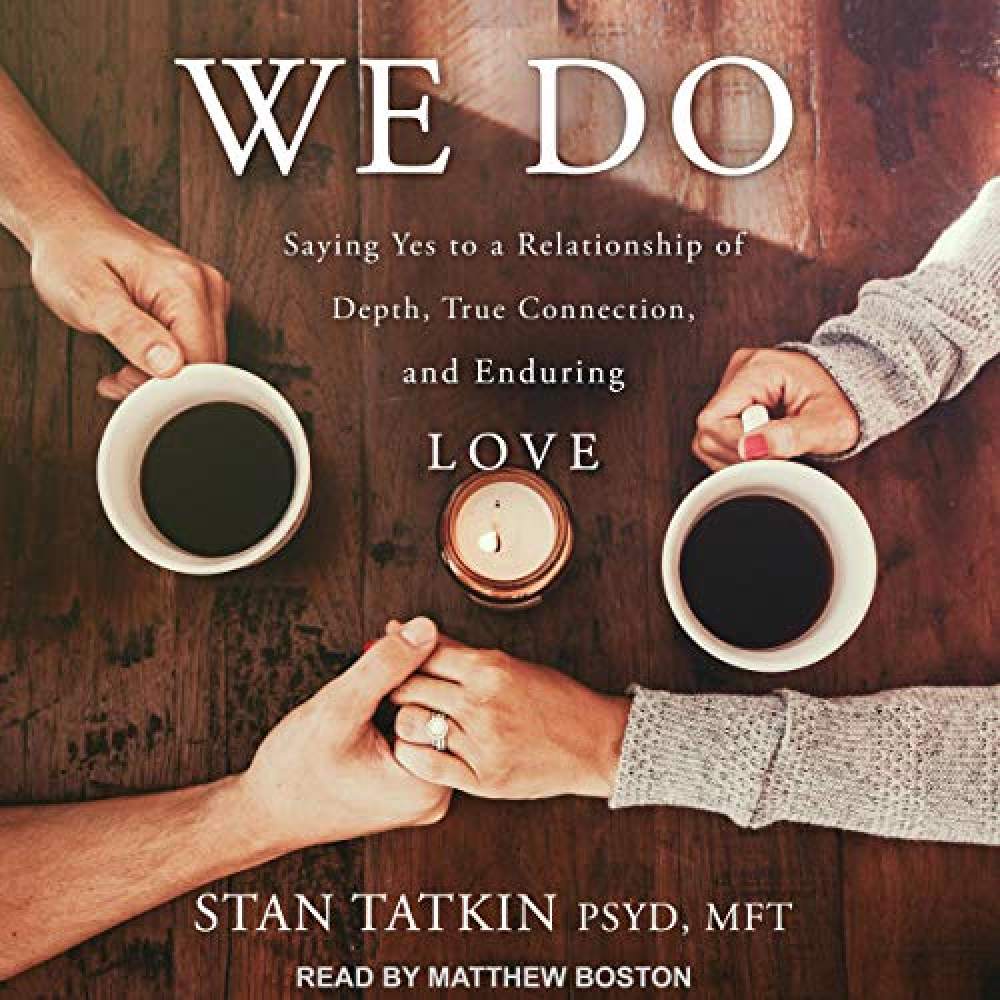
How good sex boosts physical and mental health – and how to keep enjoying lovemaking well beyond the honeymoon period
- You would take your sex life more seriously – and try harder to maintain it – if you knew the good it could do you, expert says
- We need to view sex not only as a recreational activity or for reproduction, but as a key part of our well-being, says sex coach
On Valentine’s Day, when many may be in the mood for love, it is a good time to consider all the health benefits a great lovemaking session bestows.
Stan Tatkin reminds us of the goodness it brings. The California-based doctor, researcher and teacher with a doctorate in marital and family therapy developed the Psychobiological Approach to Couple Therapy, or Pact.
It uses neuroscience to help couples understand how the brain works in relationships, to have more enjoyable interactions.
In one of the many books Tatkin has written based on Pact, We Do: Saying Yes to a Relationship of Depth, True Connection, and Enduring Love, he suggests that you might find it strange if your doctor gave you “a prescription for an orgasm a day”.
I’d really like to see the day where people think about sex as a health and wellness practice, and prioritise sex the same way they prioritise going to the gym
But you would probably take your sex life more seriously – and try harder to maintain a sex life – if you understood all the good it could offer.
This includes “reduced depression and anxiety, reduced restless leg syndrome, reduced physical pain by about 50 per cent, increased levels of oxytocin and vasopressin, increased friendliness, closeness, and feelings of love and affection, increased dopamine levels [which heighten feelings of pleasure], improved sleep”.

Hong Kong-based certified sex coach Sara Tang agrees.
That’s not to say, not having sex is bad for you – it isn’t. It’s just that good sex is good for you.
Sperm health: how mobile phone use, diet, smoking and more affect fertility
Having regular sex results in a rise in the levels of the feel-good hormones.
Dopamine, the “pleasure hormone”, is associated with “feelings of reward and motivation”, Tang says.
It plays a role in libido and can elevate the enjoyment of sex.

Endorphins are natural pain relievers. If you run regularly or go to the gym often, you might get a surge of them post-exercise. During sex, they can help tamp down pain like cramps, headache or muscle strain. They also promote an intense feeling of relaxation, which lifts your mood.
Oxytocin, often referred to as the “love hormone”, is released on touch. Mothers produce it when they cuddle their newborns, but it is also produced during lovemaking.
“It strengthens feelings of bonding, trust, and emotional closeness,” says Tang.
In men, regular sex is good for prostate health; one study showed men who ejaculated at least 21 times a month had a lower risk of prostate cancer compared with those who did so four to seven times a month.

During sex, quite a lot happens physiologically and psychologically, says UK-based clinical sexologist Graham Stevenson.
Sex is best when both parties are in a relax-and-connect state of mind.
The mind-body connection, Stevenson explains, is key to good sex and is reflected in being present, not distracted. Being present isn’t just about being physically naked but also emotionally naked.
You can’t think about the school run or an important upcoming conference if you’re trying to have good sex.
Men tend to be more genital-focused and women more heart-centred, says Stevenson. It probably explains why, “generally speaking, men have affairs around sex and women have affairs around emotional connection”.
Can’t maintain an erection? Why experts say a heart attack could be next
Breaking taboos can be arousing for some people, he says, so thinking sexy thoughts works for some people. Conversely, personal beliefs and self-image can dampen sexual desire. Inhibitors can include shame, guilt, negative body image and a lack of confidence.
During sexual arousal, the brain receives stimuli and responds with signals to increase heart rate and blood flow, including to the genitals. This is easily apparent in a man, says Stevenson. Nitric oxide is a vasodilator – that opens up the blood vessels and plays an important role in an erection, he says.
For 80 per cent of men, erectile dysfunction is an early sign of heart disease.
They start to see each other as friends or siblings and it becomes harder to move back to being lovers
In women, the genitals secrete lubrication and the external bits swell. Nipples become erect and lips may become fuller. At orgasm, the face, neck and chest may flush red and the pelvic floor and nearby muscles contract and release rhythmically.
Despite the clear physical response during sex, orgasm is difficult to define scientifically.
A paper published in 2022 in Archives of Sexual Behavior describes orgasm “as a sensation of intense pleasure that produces an alteration of consciousness … usually accompanied by a feeling of well-being and satisfaction”.
Five reasons why sex is good for you: health benefits behind the fun
If sex is so good for us in so many ways, why do so many of us stop having it, even when it’s safely available in a happy long-term relationship?
Tang says among many reasons is the natural decline after the “honeymoon phase” that occurs in the early stages of a relationship.
During this phase, the release of feel-good hormones and the excitement of exploring a new partner can contribute to a higher frequency of sexual activity. As the relationship progresses, though, “that initial hormonal response tapers off and life’s demands start to take a toll on the sex life”, she says.
The key is to step outside your comfort zone and be willing to experiment with new ideas and approaches
“They start to see each other as friends or siblings and it becomes harder to move back to being lovers,” he says.
He sometimes gives clients in this situation sex “homework”, asking them to make love every day for a month to get back into the habit again.
Tang says many people expect sex to be an “effortless and spontaneous affair” like it was at the start. But because they’ve failed to take active steps to maintain their sexual connection, it isn’t.
“You would be surprised how often I work with couples who have been together for decades and only begin communicating about sex when they sign up for a session with me,” she says.

People often only address it when it becomes an issue, Stevenson says. He usually starts a session with some adult sex education – “concentrating on the pleasure side of the anatomy”.
He likes to think of sex as ‘adults at play’. A simple understanding of the anatomy of pleasure as well as “the positive psychology of fantasies” can make all the difference.
Introducing novelty can really help, says Tang, because it activates the dopamine response. This could involve trying out different positions or types of foreplay, using sex toys, or exploring role-playing or fantasy scenarios.
“The key is to step outside your comfort zone and be willing to experiment with new ideas and approaches,” she says.

“Kink” is a form of novelty. Hong Kong sexologist Mary Foxworth defines kink as “an erotic exploration of all of the senses – sight, smell, touch, and hearing”. It can help improve intimate relationships and “create new experiences – sensations, pathways in the brain, memories, and opportunities to connect”.
It may involve playing out fantasies or using dominant or submissive role play. She gives an example of using restraint to limit some senses and heighten others.
“This can be done by simply taking a tie or piece of material to cover the eyes – or going one step further and tying up the hands,” Foxworth says. “Your partner is then using their senses of smell and hearing. This can be very exciting, as it is often a new experience.”
A caveat – step outside your comfort zone but always be mindful of safety and consent.

If your libido is flagging you can also boost it through physical activity; exercise increases testosterone in both men and women.
Also, helpfully, the more sex you have, the more you’ll want.
To be “fit for sex”, Stevenson says, requires good sleep, regular exercise – especially for core muscles – having a low-carb diet with lots of leafy greens, and avoiding inflammatory foods.
Being fit for sex looks a lot like being fit for life.
Low sex drive? Women need testosterone to fix that – and for other reasons
To get to a place where we are having better sex to be better, we need to challenge the taboos around sex, Tang says, so that we view it “not only as a recreational activity or a means for reproduction, but as an integral part of our overall well-being”.

